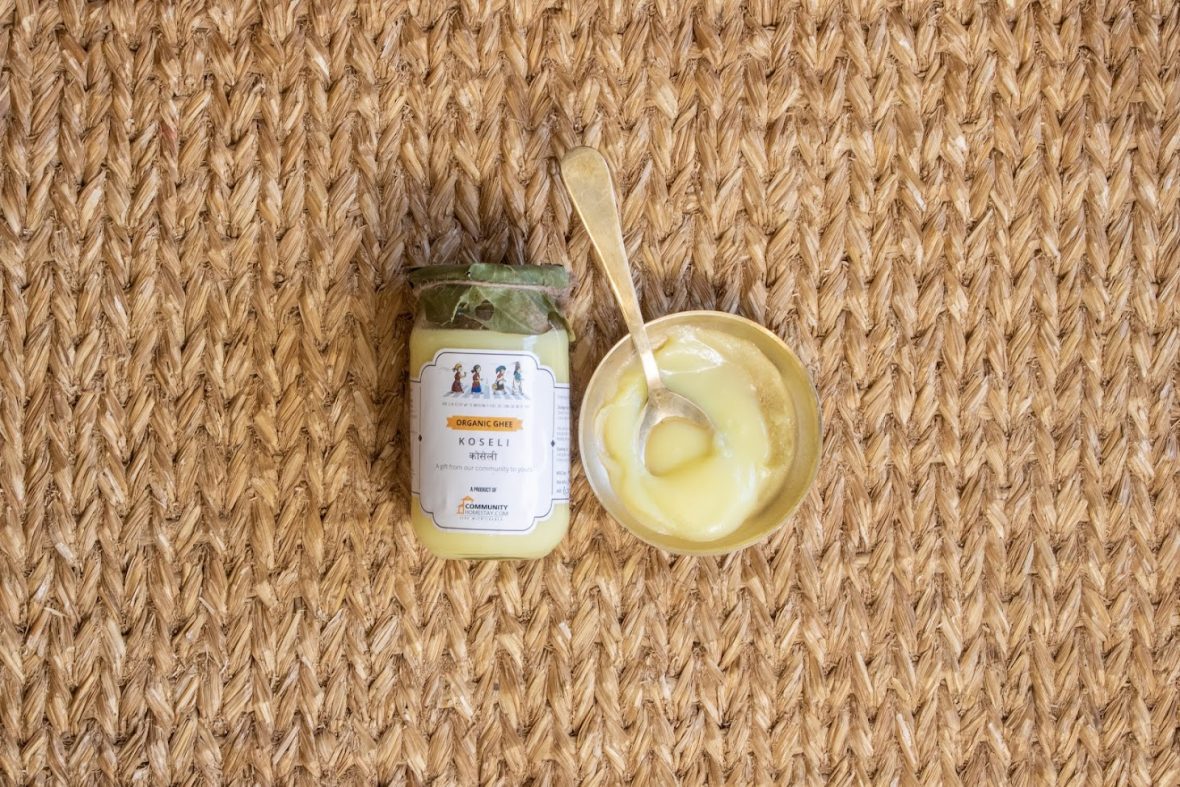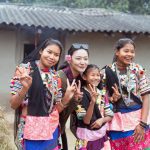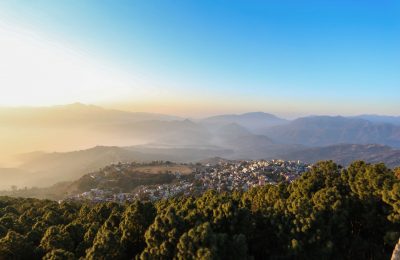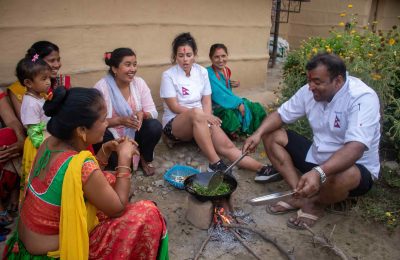About 26 kilometers East of Kathmandu, Nagarkot is a frequented destination by most travelers. With the breathtaking scenery of the Himalayas, Nagarkot Community Homestay provides a look into the authentic side of Nagarkot. At an altitude of 2175 meters above sea level, it is the most welcoming location to experience village life, accompanied by several cultural attractions. Although relishing the rich biodiversity and nature of Nagarkot would be the ideal break from the hustle and bustle of the city, our visit to Nagarkot Community Homestay aimed to assist and guide the locals at Nagarkot Community Homestay regarding hygiene and sanitation protocols.
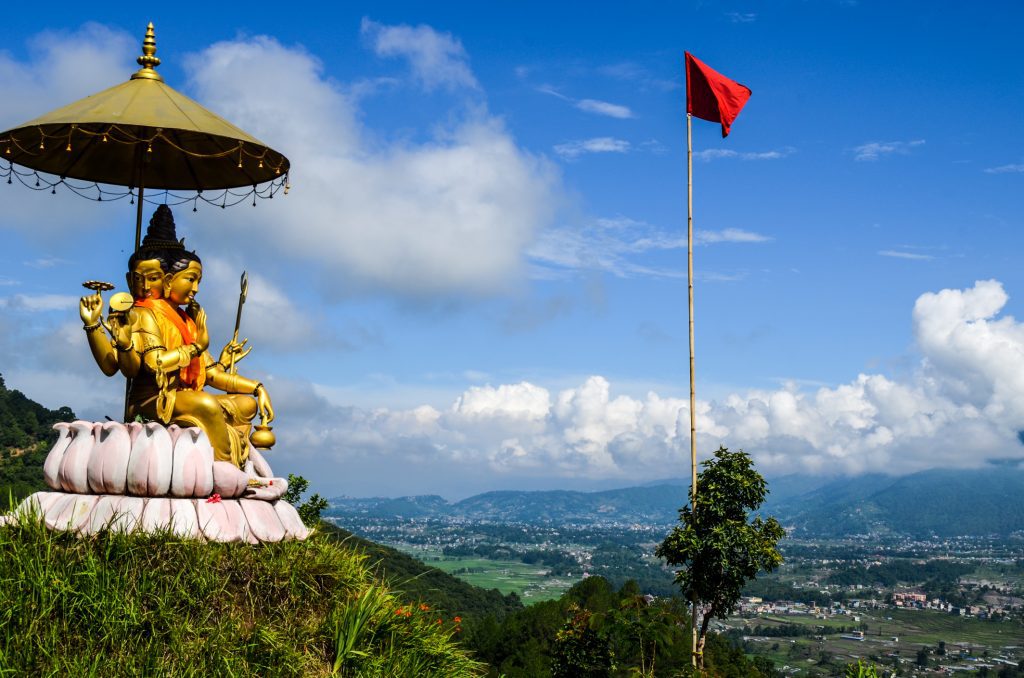
CHN’s Response to Pandemic: The Koseli Project
When the COVID-19 pandemic struck, the tourism industry experienced a massive blow. However, without undermining the rich culture and tradition of Nepal, Community Homestay Network (CHN) worked on emphasizing it. CHN introduced Koseli – a project that markets products ranging from traditional slippers to ghee from local communities to the mainstream market. This allowed tourism-dependent communities to diversify their source of income through producing and selling local products. The project involves 7 communities who offered more than 10 products that are locally produced and processed.
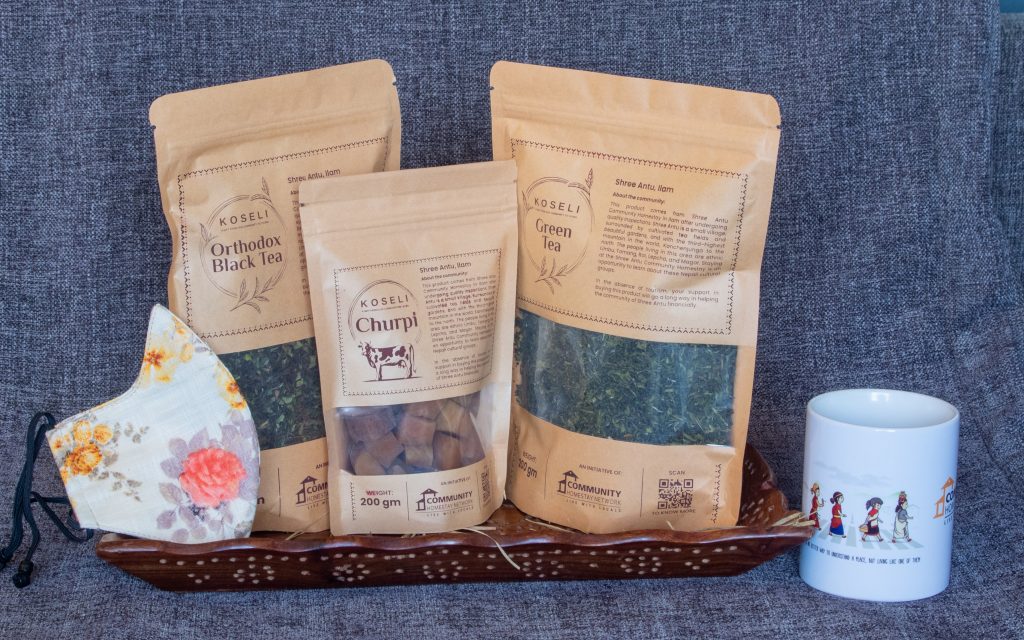
CHN’s Response to Pandemic: The Koseli Project
The moment we got a glimpse of the great potential that the rural areas of Nepal had, we were convinced to do something good for the communities. The main objective for this journey to Nagarkot was in fact to teach and guide the safety protocols for maintaining the hygiene of the local people (especially women) of the Nagarkot Community Homestay.
As a part of Koseli, the women of the homestay recently started supplying rich and flavorsome organic ghee processed from cow milk to the market in Kathmandu. The team aimed to support and guide the locals about food safety and hygiene to assure the ghee was packaged in a hygienic way. The preparation for this session was completed, keeping the required materials ready, such as a box full of jars, metal caps for the jars, product stickers, and essential hygiene products like masks, gloves, hair caps, and hand sanitizers.
Mission to Nagarkot: Hygiene and Sanitation Protocol
The journey kicked off early in the morning with an hour’s drive to Nagarkot. The road trip was awakening and refreshing as we departed from the busy city of Kathmandu into the quaint village of Nagarkot. We were welcomed charmingly by the locals, with a fresh cup of tea that enlightened our mood. The team gathered the women from the community, who were involved in making the ghee, in the community hall at the homestay.
We gradually proceeded with explaining the safety and hygiene protocols that should be considered when making and packaging the ghee. We explained that, wearing a mask, sanitizing their hands, using gloves, and covering the hair with caps are basic but key protocols that ensures the hygiene of the consumers, as well as of the women themselves. Although some of them were already aware of it, the women were guided on how to properly utilize the hygiene products.
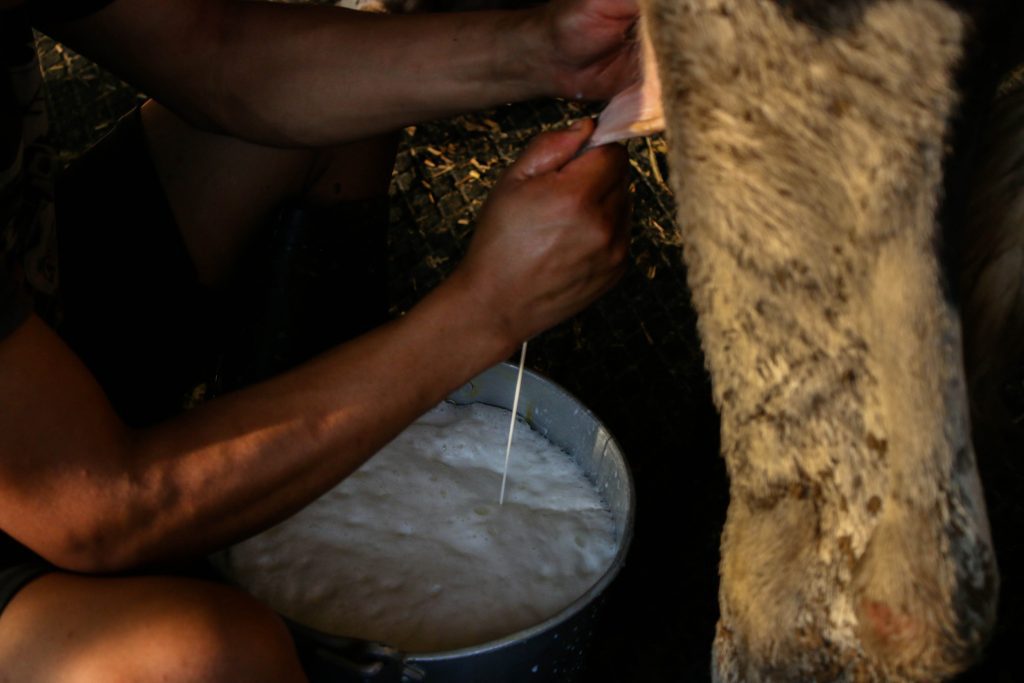
Active Participation: Assisting in Ghee Preparation
The session not only covered the utilization of safety equipment but also made the women aware of disposing the supplies and hazardous wastes that can cause severe harm to the environment. If the supplies are not disposed of properly, they can easily pollute the environment at an undesirable rate. Lastly, we were given the opportunity to prepare the ghee ourselves.
We also assisted the women in packaging the fresh ghee into glass jars and helped in pasting the product stickers on the jars with the required information. We also shared that it is very important to focus on quality of the products for promoting the local business of the women from Nagarkot Community Homestay as quality products help maintain the satisfaction and loyal customers. Through this assistance, we believe that it not only improves the hygiene of the products from the homestay, but also contributes to an improvement in overall household hygiene.
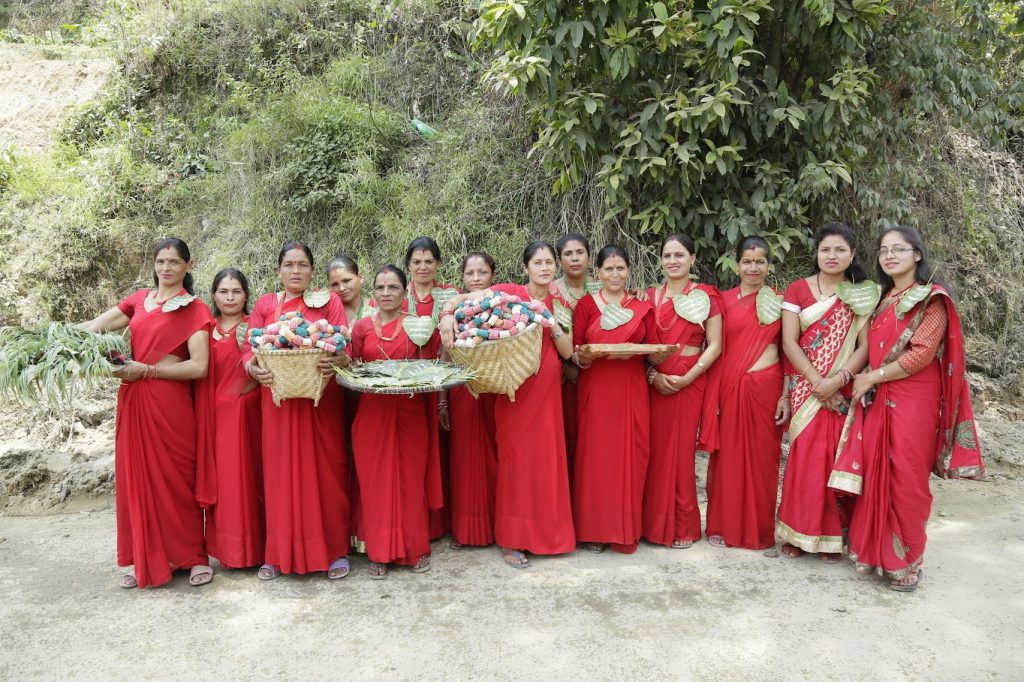
Globally recognized as the ‘Ones to Watch in the Responsible Tourism Award 2021’ for growing the local economic benefit and also awarded with ‘Dr. Andreas Schild Memorial Mountain Prize 2021’ by ICIMOD for supporting the local communities during the pandemic, the team behind Koseli is aspiring to collaborate with more and more communities, bringing out their distinct products as gifts from their communities to others.
Promoting Local Businesses: CHN’s Major Aspiration
Promoting local businesses of people from rural areas of Nepal is the major aspiration of the Community Homestay Network. The CHN team is responsible to ensure that such local businesses successfully build a reputation for quality and hygiene by gaining accreditation with a recognized quality standard. Koseli, with its motto, “From our community to yours”, aims to explore the unique cultures and traditions of Nepal, and to exhibit them to the outside world.
This partnership between CHN and Nagarkot has enabled the local community to generate additional revenue and job opportunities. The community has been able to generate transactions amounting to NRS 10,08,353 to date and has further standardized its product offering in terms of packaging and quality assurance.


